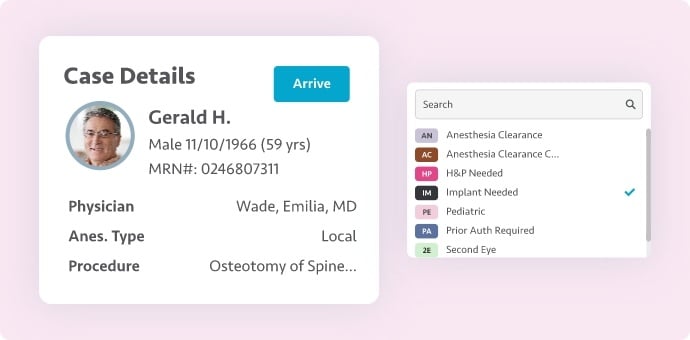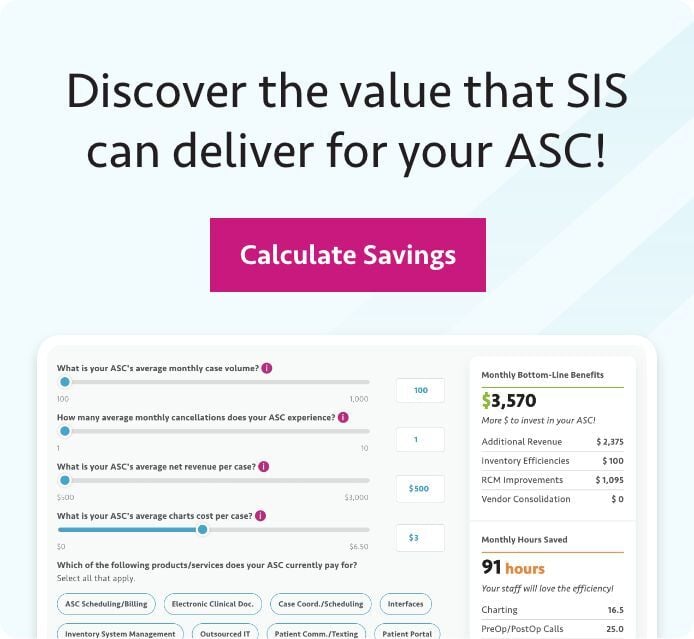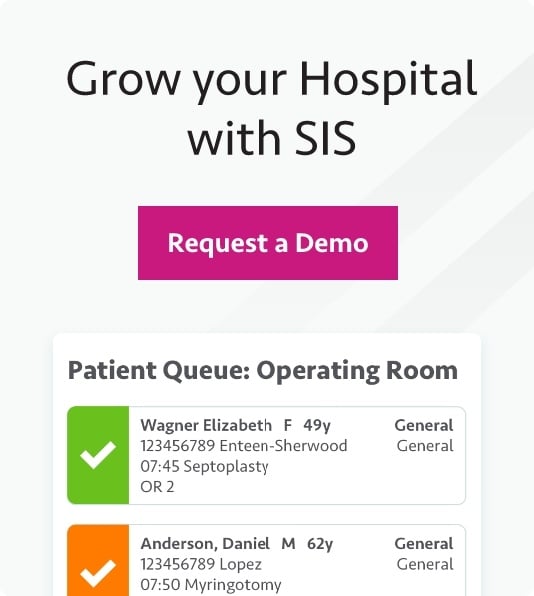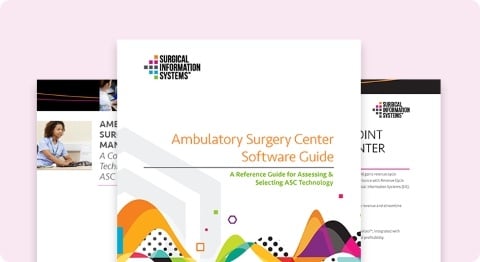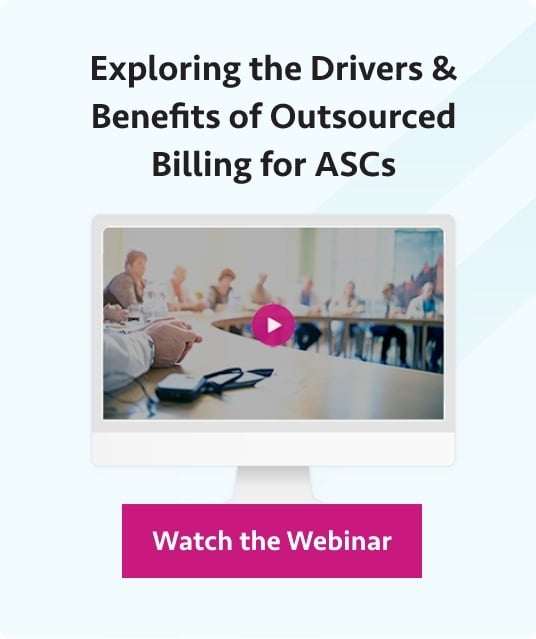Q&A with Jessica Nelson and Yunette Ruiz
Jessica Nelson, vice president of Revenue Cycle Services (RCS), and Yunette Ruiz, revenue cycle manager, for Surgical Information Systems (SIS), recently hosted a webinar where they discussed common challenges with ASC accounts receivable (A/R) and how to more effectively close accounts. The audience was highly engaged and asked great questions throughout the program that provided opportunities for Jessica and Yunette to further explore the crucial topic of ASC A/R.
Below are the highlights of those questions and responses provided by Jessica and Yunette, edited for readability. To view the webinar on-demand, please visit the SIS Resource Library.
Q: I'm in a new ASC. We have started to see denials for medical necessity, even after getting authorization for services prior to the surgery date. We even included the prior authorization on the claim. Where should I start with the payer to prove medical necessity for services?
A: Denials due to medical necessity are probably one of the more challenging types of denials. Authorization for services doesn't necessarily mean the patient meets medical necessity. Go to your payer's portal and look up whether there are any medical policy bulletins for the CPT and/or diagnosis codes billed on your claim. If there is a medical policy bulletin, it should outline for you what is and is not covered under that patient's policy. That should help you determine whether you need additional documentation, whether you need a letter of medical necessity from the provider, or whether you can substantiate an appeal on behalf of the patient for that claim.
Q: I have noticed that more carriers are requiring supporting documentation to be submitted after the claim is submitted electronically. Do you recommend dropping these all to paper and sending the documentation with the claim?
A: We don't typically recommend defaulting to paper. There may be a way to submit that documentation, whether it's a simple invoice or full medical record, through your clearinghouse and/or directly to the payer via portal. Payers are increasingly making these portals available to providers.
If all else fails, the paper route is tried and tested and will often work. It may just require additional follow-up.
Q: How would you recommend handling the denial of a claim when insurance does a retro term of eligibility?
A: Definitely leverage communication with the patient and run the eligibility. If you have documentation to show that, at the time of service, you ran the eligibility on the patient, you can use that as supporting documentation in an appeal. You could also check if the patient had alternate coverage at time of service and leverage that as well, as long as you're within timely filing limits.
Q: We are experiencing significant issues with payer communication. We are not able to get ahold of the payers at times, and this is affecting our A/R. What can we do to work through these delays to get our claims paid?
A: We're seeing a lot of payer communication issues, especially post-COVID-19. That likely has to do with lower payer staffing levels and the other issues associated with the pandemic.
The most important thing to do is to exhaust all avenues of communication. For most payers, if they have an option to call them, that is a good default method for follow-up. Sometimes there are e-mail addresses you can find in the payer portals. The portals may also provide a fax or online option to submit appeals or an inquiry.
If you've exhausted those avenues, you could always get the patient involved, especially if the case concerns a self-funded plan. If that fails as well, there are post-procedure appeal forms you can use that have the option to mark that you have not received a response from the payer. Sometimes that will prompt them to respond. Just keep at it.
Q: Due to the increase of payer delays and growing A/R, our team members are becoming frustrated. How can I keep my team engaged and motivated when faced with these obstacles?
A: There can be a tendency to focus too much on results. You can focus so much on what your metrics look like that you don't worry enough about your people and team. You want to make sure you are balancing the focus on metrics with making sure your team feels supported.
Meet frequently with your team as a whole and consider holding monthly, one-on-one meetings at minimum. If there's somebody who may need a little bit more coaching and guidance, meet with them more frequently. It's all about giving that right, personalized level of support.
If you can, provide incentives based on achieving goals. Even if a small goal is met, make sure your staff are rewarded or recognized. You don't always need to provide something tangible. You can provide verbal recognition, letting them know they're doing a good job and their work is appreciated.
The final, and perhaps most important, step to take is to encourage your team to bring solutions to the challenges and problems your ASC faces. Encourage them to bring their improvement ideas to you as well. If it's possible to implement those solutions and ideas, that's even better as you'll make your staff feel their opinion counts and they are more involved in the success of your center. When staff are happy, they are more likely to get you the results you're looking for.




